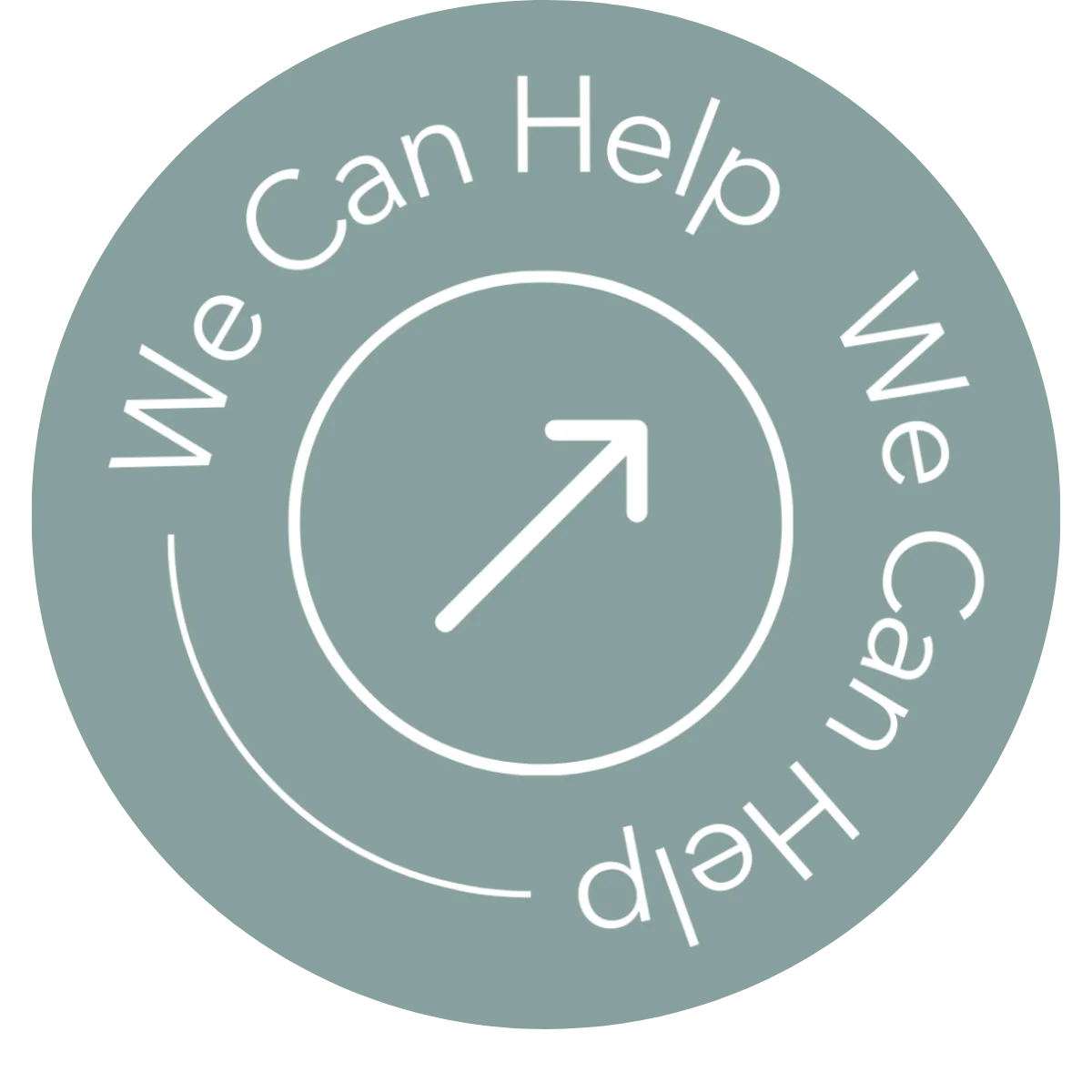Drug & Alcohol Recovery: What to Expect From Rehabilitation
What Is Drug and Alcohol Inpatient Rehab?
Drug and alcohol inpatient rehab is an addiction treatment program for individuals with severe substance use disorders. It requires patients to stay at the facility full-time while providing intensive and structured care.

Detoxification
Many inpatient rehab programs offer medically supervised detoxification services to help individuals safely withdraw from substances. This is often the first step in the treatment process. It involves eliminating unwanted substances from the body.
Twenty-Four Seven Supervision
Structured Environment
- Individual and adolescent group therapy sessions
- Medication management
- Educational workshops
- Recreational activities
- Personal time
Multidisciplinary Treatment Team
Substance use disorders often arise from and impact physical, mental, and emotional well-being. A multidisciplinary treatment team addresses all aspects of the patient’s well-being.
- Physicians
- Psychiatrists
- Nurses
- Therapists
- Counselors
- Nutritionists/dietitians
- Physical wellness specialists
Individualized Treatment Plans
- Psychotherapy
- Motivational interviewing (MI)
- Meditation
- Group therapy
- Family therapy
- Yoga
Peer Support
Length of Stay
Aftercare Planning
- Outpatient therapy
- Support groups
- Continued medication management
- Sober living
- Alumni programs
How Long Do Individuals Usually Stay in Drug and Alcohol Inpatient Rehab?
Here are the factors that influence the duration of treatment at a drug and alcohol inpatient rehab program:3
Severity of Addiction
Type of Substance Used
Co-occurring Disorders
Response to Treatment
Insurance Coverage
Insurance coverage can limit the duration of inpatient rehab stays. Individuals should contact and work with their insurance and treatment providers to maximize the benefits available.
Completion of Milestones
What Types of Therapies Do Drug and Alcohol Inpatient Rehab Centers Use?
Individual Therapy
- Cognitive behavioral therapy (CBT)
- Dialectical behavior therapy (DBT)
- Motivational enhancement therapy (MET)
Group Therapy
Family Therapy
Family therapy involves the participation of family members in the treatment process. It aims to improve communication, resolve conflicts, and enhance family support systems. This is important, as family dynamics often play a crucial role in addiction and recovery.
Psychoeducation
- Addiction
- Treatment/recovery
- Relapse prevention
Medication-Assisted Treatment (MAT)
- Methadone
- Buprenorphine
- Naltrexone
- Acamprosate
- Disulfiram
Holistic Therapies
- Mindfulness meditation
- Sandplay therapy
- Yoga
- Art therapy
- Music therapy
Dual Diagnosis Treatment
Relapse Prevention
Life Skills Training
- Stress management
- Communication
- Problem-solving
- Job searching
Cognitive Remediation
Continuing Care Planning
Peer Support
Note About Therapies Used During Inpatient Treatment
Considerations to Keep in Mind While Searching for Drug and Alcohol Inpatient Rehab
Factors to Consider
- Accreditation and Licensing: It’s important to ensure that the inpatient rehab facility is accredited and licensed by the appropriate state agencies.
- Treatment Approaches: Learning about the treatment approaches and modalities used by the facility is crucial. Choose one that aligns with your needs.
- Specialized Programs: If you have specific needs, such as co-occurring disorders, you should look for a facility that offers specialized programs.
- Location: Some may prefer staying close to home to maintain connections with family and support systems. Others may want a facility farther away to remove themselves from risky environments.
- Insurance Coverage and Costs: Check what your insurance covers and which facilities accept your plan. You should also discuss out-of-pocket costs to avoid any surprises.
- Staff Qualifications: Research the qualifications and experience of the facility’s staff. Knowledgeable and experienced professionals can provide better care.
- Facility Amenities: Assess the facilities and amenities offered by the rehab center. A comfortable and safe environment can enhance the overall treatment experience.
- Reputation and Reviews: Research online reviews, testimonials, and the facility’s reputation within the addiction treatment community. Speak with people who have completed the program if possible.
- Continuum of Care: Evaluate whether the facility offers a continuum of care, including outpatient and aftercare services. These help to support the individual’s long-term recovery.
What Is the Importance of Aftercare in Drug and Alcohol Inpatient Rehab?
- Ongoing therapy
- Support group participation
- Medication management
- Strategies for avoiding relapse risks
Continuum of Care for Inpatient Rehab
Aftercare planning extends the continuum of care beyond the inpatient phase. It helps address the complexities of real-world recovery in outpatient or partial hospitalization settings.

Drug and Alcohol Inpatient Rehab Programs at Ethos Wellness
Ethos Wellness is here to guide you through life’s challenges with compassion and respect. We specialize in mental health and substance use disorders, providing a path to recovery for all ages who seek help.
What Substances Does Ethos Wellness Treat?
- Alcohol
- Alprazolam (Xanax)
- Amphetamine
- Ativan
- Barbiturates
- Benzodiazepines
- Clonazepam (Klonopin)
- Cocaine
- Codeine
- Hydromorphone (Dilaudid)
- Fentanyl
- Heroin
- Hydrocodone
- Ketamine
- Marijuana
- Methadone
- Morphine
- Oxycodone (Oxycontin)
- Vicodin
What Therapies Does Ethos Wellness Provide?
- Cognitive behavioral therapy
- Dialectical behavioral therapy
- Dual diagnosis treatment
- Family therapy
- Meditation
- Motivational enhancement therapy
- Psychoeducational groups
- Sandplay therapy
- Trauma-focused therapies
- Vocational training and support
- Yoga
- And more
Reach Out to Us Today
Contact Ethos Wellness today to learn more about our treatment options and how we can help.


